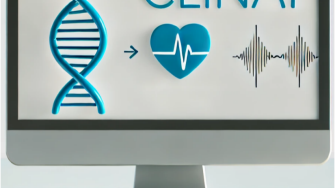Revolutionising Rare Disease Diagnosis: How AI and Large Language Models are Changing the Game
Through AI, medical professionals can make faster, more accurate medical decisions – especially in areas like medical imaging, genomics, and patient monitoring.

